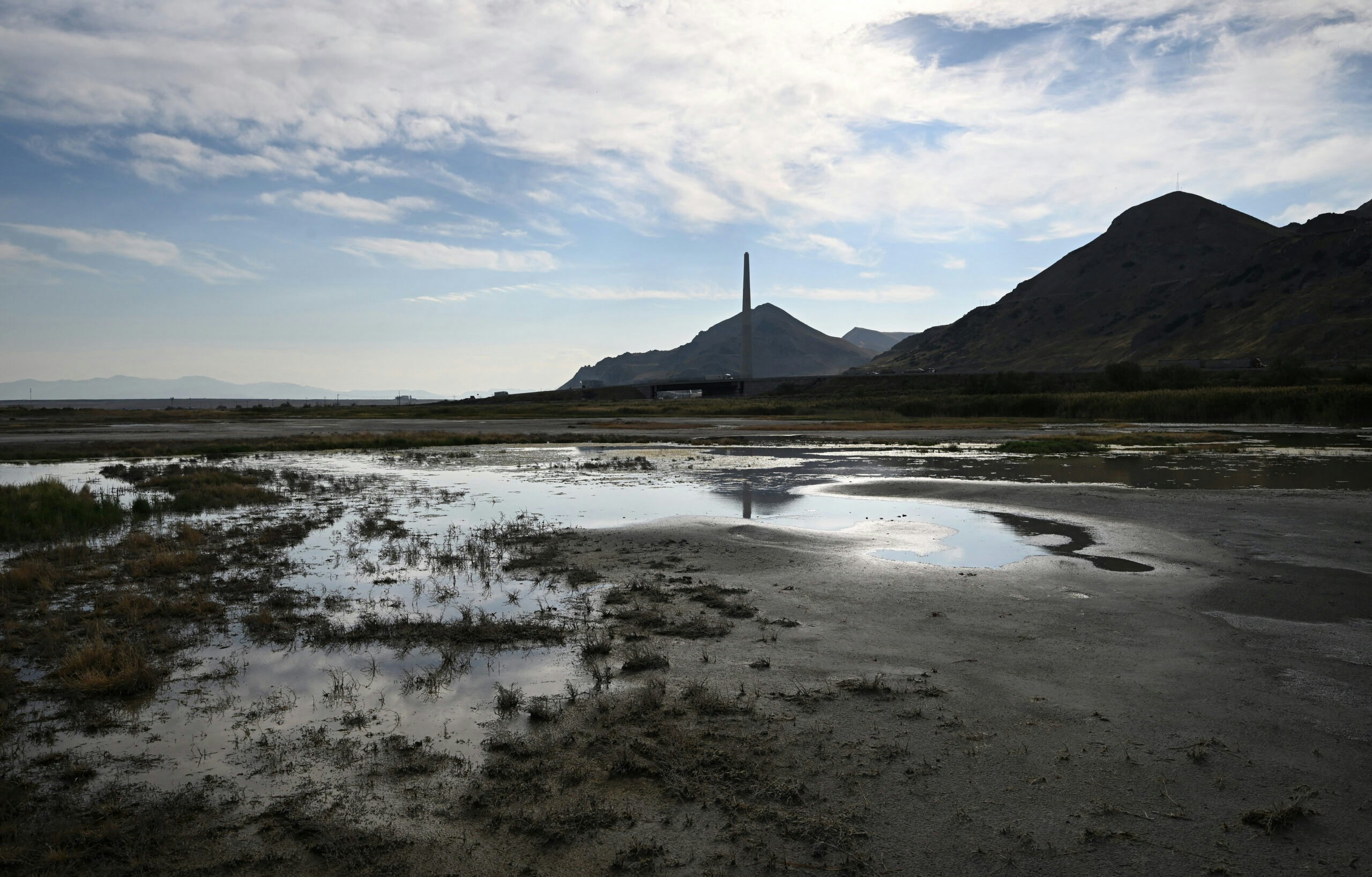A new 600-megawatt plant located near Texarkana opened recently: the John W. Turk Jr. power plant, owned by American Electric Power (AEP). The $1.8...
A new 600-megawatt plant located near Texarkana opened recently: the John W. Turk Jr. power plant, owned by American Electric Power (AEP). The $1.8 billion facility is the most expensive project ever built in Arkansas. It has received awards as the electric plant of the year from the Edison Electric Institute and from Power Magazine.
It is, gasp, coal-fired. It is also the first U.S. plant to commercialize ultrasupercritical boiler technology. I have no idea how that works, but it means greater efficiency from the coal and lower carbon dioxide emissions (for details see Power Magazine). Three times a week a train will roll in, bringing Power River Basin coal from Wyoming. That coal has long been famous because of its low sulfur and low ash qualities.
It is not easy to put together $1.8 billion in capital, especially when you get tied up in four years of litigation and regulatory hassle. To obtain permission to build the 600 MW plant, the company had to agree to: 1) shut down a 528 MW coal-fired plant, 2) obtain 400 MW of so-called renewable power, 3) agree not to build any more such facilities near the new one, 4) chip in cash to support land conservation and other goals deemed worthy, and 5) pay $2 million in attorney fees for the obstructionist environmental groups.
AEP and other power companies have no choice but to put up with the extortion-like conditions imposed by groups claiming to like the environment. Sometimes when a firm wishes to operate in a foreign country that does not respect the rule of law, certain, uh, arrangements must be made. That risks running afoul of the Foreign Corrupt Practices Act. But having capital tied up for years and having to pay tribute to environmental groups is perfectly legal in the United States. It is part of the reason energy costs are pushed higher, as firms and their consumers must pay the piper when they want to invest in new, cleaner, superior technology.




























